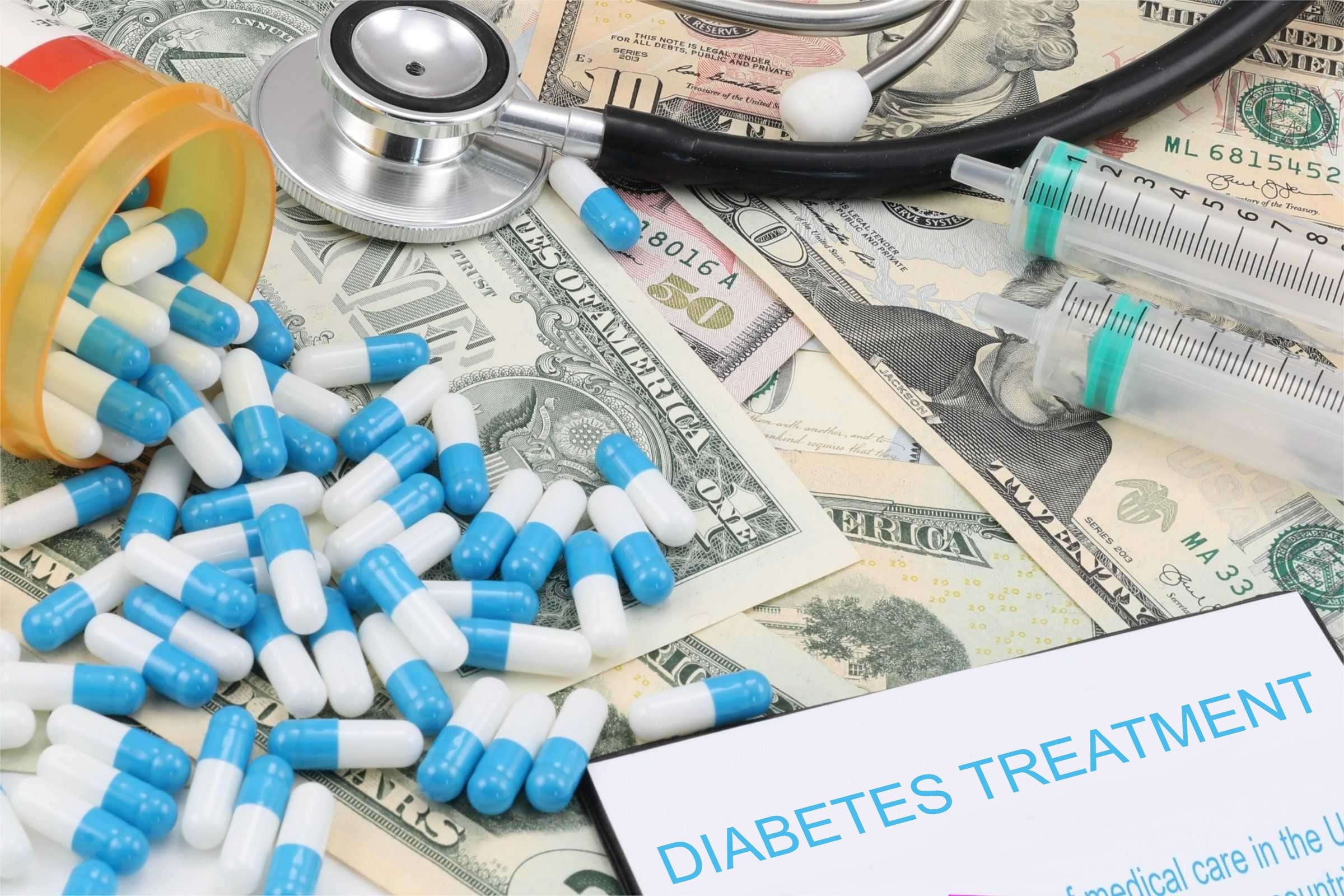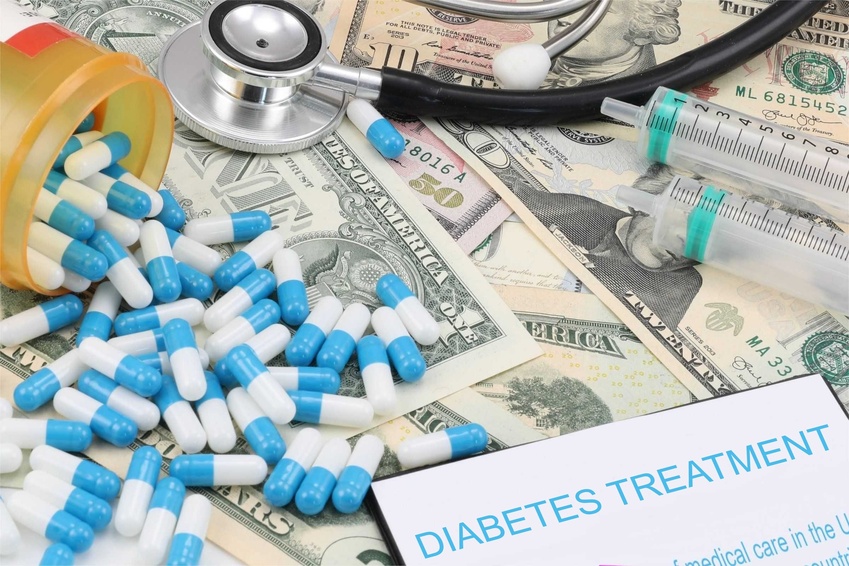Addressing Diabetes Stigma: How Can We Make a Difference?
Shame prevents four in ten individuals with diabetes from attending their medical appointments. How can we change that?
Misinformation and stereotypes often shape how people perceive diabetes. In reality, nearly 40% of those living with the condition feel it is not taken seriously enough, which can have significant health consequences.
For Jenny Geraci, her diabetes diagnosis was life-altering. She recalls spending an entire day at home, trying to process the news. However, when she shared her feelings with others, their reactions were indifferent.
“It completely changed my life, yet people acted as if it didn’t matter,” she shared. “I felt like my medical struggles were overlooked.”
What’s left unsaid about diabetes can be just as harmful.
Fortunately, Jenny found that as she spoke up, those around her became more understanding. But not everyone feels comfortable doing the same—many hesitate to share their diagnosis, fearing judgment from loved ones.
Across the globe, millions of people with diabetes encounter barriers to receiving proper care. If we could all see the world from their perspective, we’d gain a deeper appreciation of the daily challenges they face, from managing their health to combating misconceptions.
Challenging Diabetes Stigma
Abbott, a leader in diabetes health technology, has been advocating for greater awareness for over a decade. Now, the company is amplifying these efforts with its “Above the Bias” initiative.
This campaign is dedicated to supporting those with diabetes and dismantling the obstacles they face. As part of this effort, a new film with the same title places viewers in the shoes of someone navigating life with diabetes.
Through this initiative, Abbott is addressing key concerns from the diabetes community:
Shame prevents four in ten individuals with diabetes from attending their medical appointments. How can we change that?
Misinformation and stereotypes often shape how people perceive diabetes. In reality, nearly 40% of those living with the condition feel it is not taken seriously enough, which can have significant health consequences.
For Jenny Geraci, her diabetes diagnosis was life-altering. She recalls spending an entire day at home, trying to process the news. However, when she shared her feelings with others, their reactions were indifferent.
“It completely changed my life, yet people acted as if it didn’t matter,” she shared. “I felt like my medical struggles were overlooked.”
What’s left unsaid about diabetes can be just as harmful.
Fortunately, Jenny found that as she spoke up, those around her became more understanding. But not everyone feels comfortable doing the same—many hesitate to share their diagnosis, fearing judgment from loved ones.
Across the globe, millions of people with diabetes encounter barriers to receiving proper care. If we could all see the world from their perspective, we’d gain a deeper appreciation of the daily challenges they face, from managing their health to combating misconceptions.
Challenging Diabetes Stigma
Abbott, a leader in diabetes health technology, has been advocating for greater awareness for over a decade. Now, the company is amplifying these efforts with its “Above the Bias” initiative.
This campaign is dedicated to supporting those with diabetes and dismantling the obstacles they face. As part of this effort, a new film with the same title places viewers in the shoes of someone navigating life with diabetes.
Through this initiative, Abbott is addressing key concerns from the diabetes community:
- Nearly 70% feel their condition carries stigma.
- Almost 25% have hidden their diagnosis from family and friends due to embarrassment.
- 40% have skipped medical appointments out of shame.
Even if you haven’t witnessed this bias firsthand, its effects are real.
Jonathan Reyman, for instance, recalls an unsettling experience while administering his insulin.
“One time, I had my needle out on a bathroom sink, and someone accused me of ‘shooting up,’” he said. “I felt frustrated—I was just trying to manage my health discreetly.”
By spreading knowledge and sharing real experiences, we can reduce stigma, foster understanding, and empower people with diabetes to seek the care they need.
Dispelling Common Myths About Diabetes
While it’s impossible to correct every misconception, we can challenge a few major ones:
Jonathan Reyman, for instance, recalls an unsettling experience while administering his insulin.
“One time, I had my needle out on a bathroom sink, and someone accused me of ‘shooting up,’” he said. “I felt frustrated—I was just trying to manage my health discreetly.”
By spreading knowledge and sharing real experiences, we can reduce stigma, foster understanding, and empower people with diabetes to seek the care they need.
Dispelling Common Myths About Diabetes
While it’s impossible to correct every misconception, we can challenge a few major ones:
- Diabetes is not anyone’s ‘fault.’
- It is not contagious.
- Not everyone with diabetes requires insulin.
- People with diabetes can be active athletes.
- They can eat sugar in moderation.
Discussions around diet can be particularly frustrating. Dawn Culver-Henkel, who has Type 2 diabetes and uses Abbott’s FreeStyle Libre continuous glucose monitoring system, says that conversations often focus on weight rather than the actual disease.
“So much of it revolves around food,” she noted. “But the real issue people emphasize is weight, not diabetes itself.”
How Can We Support People with Diabetes?
Supporting those with diabetes doesn’t require grand gestures—small, everyday actions can make a difference.
Since 70% of people with diabetes say that encouragement helps them stay motivated, we can all contribute by:
“So much of it revolves around food,” she noted. “But the real issue people emphasize is weight, not diabetes itself.”
How Can We Support People with Diabetes?
Supporting those with diabetes doesn’t require grand gestures—small, everyday actions can make a difference.
Since 70% of people with diabetes say that encouragement helps them stay motivated, we can all contribute by:
- Using person-first language to emphasize the individual over the condition.
- Avoiding blame or judgment.
- Celebrating small victories in their health journey.
- Asking open-ended questions to show genuine interest and support.
By reducing stigma and increasing awareness, we can help people with diabetes focus on what truly matters—living their lives fully and on their own terms.
As Reyman put it, “I have diabetes under control. I plan to live a long life, and whatever happens won’t be because of diabetes.”
As Reyman put it, “I have diabetes under control. I plan to live a long life, and whatever happens won’t be because of diabetes.”


 Breaking Diabetes Stigma: Support, Awareness & Advocacy
Breaking Diabetes Stigma: Support, Awareness & Advocacy





 Companies
Companies